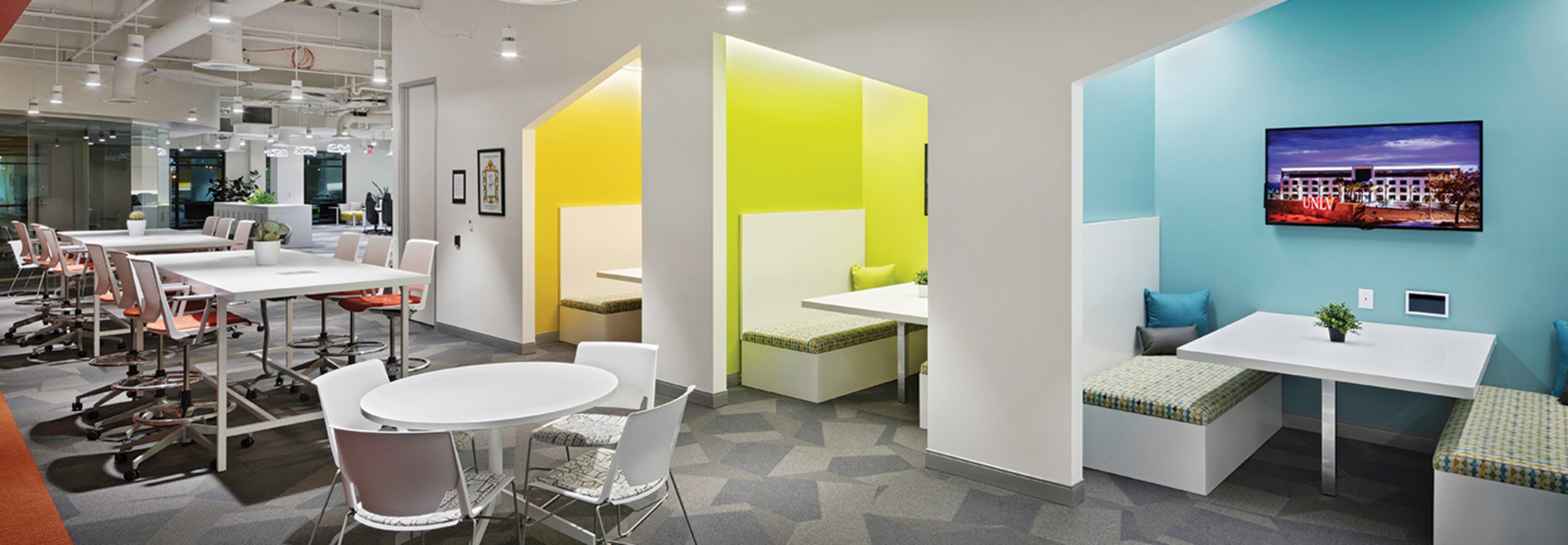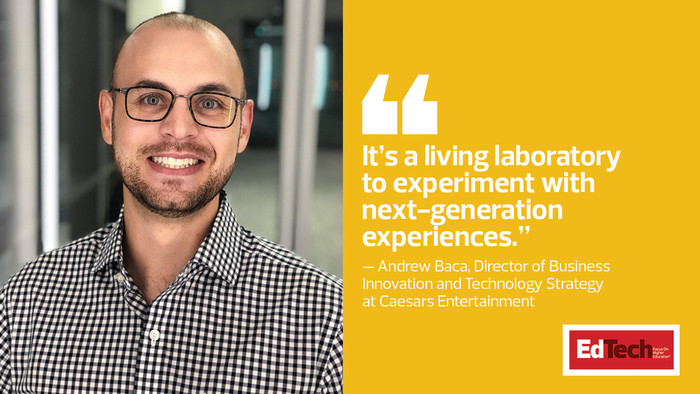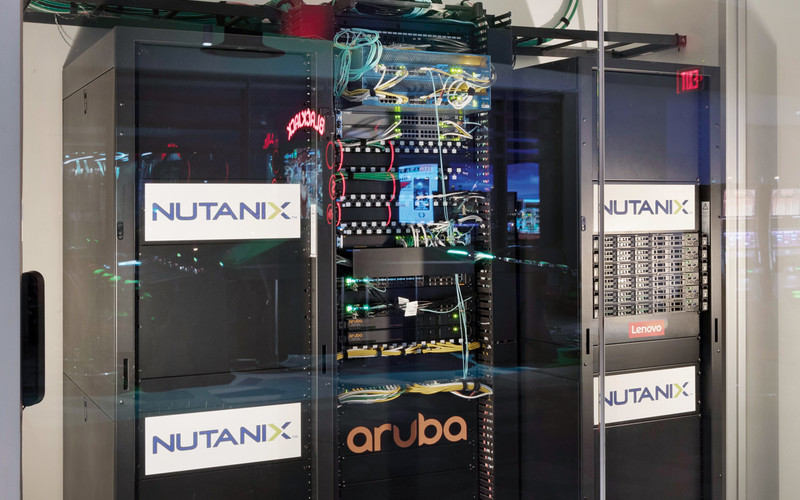The Longest Active Technology Incubator in America
Now 31 years old, the Austin Technology Incubator at the University of Texas at Austin is the longest active technology incubator in the country. Having graduated 300 member companies that have contributed more than $3 billion in impact to the central Texas region, it’s also one of the most successful.
Still, ATI’s leadership is constantly fine-tuning the incubator’s strategy. Two years ago, ATI pivoted from traditional enterprise technology startups to “deep technology,” with entrepreneurs focused on global issues, such as agricultural technology, healthcare, transportation, energy and water, says ATI Executive Director Mitch Jacobson.
Four years ago, ATI became a “virtual” incubator after eliminating its coworking space. With 75 coworking spaces in the vicinity, it’s no longer necessary to provide members with office space, although they do designate space for member companies who need it for meetings, he says.
The ATI team meets with startups in its office, but members also communicate via phone, email and videoconferencing. ATI’s employees use the latest cloud-based customer relationship management and communication tools, including Zoom and Skype.
The team also relies on cloud-driven storage and software solutions that allow ATI’s mentors and startup founders to schedule meetings, share documents and communicate.
“Even though we are 31, we are constantly in startup mode,” Jacobson says. “We are constantly looking to improve because the world changes so fast and technology changes so fast.”
MORE ON EDTECH: Read about why COVID is not stopping esports.
Generating Revenue For University of California, Berkeley
At the University of California, Berkeley, the Berkeley SkyDeck accelerator and incubator program not only nurtures startups by university students, faculty and alumni, but also creates a revenue stream for the university if its startups become successful.
SkyDeck’s primary program is its six-month accelerator, which provides startups with $100,000 in funding, along with an opportunity to learn how to approach building their company. A group of 250 mentors are connected with startups for whom they conduct workshops and provide one-on-one coaching.
SkyDeck invites 20 to 25 startups to join the program each spring and fall. After six months of intense training, the program culminates in a “demo day” during which the startup founders pitch their companies to more than 650 investors, says Caroline Winnett, SkyDeck’s executive director.
SkyDeck provides coworking space and Wi-Fi. It has also partnered with tech companies to provide free or discounted software and services, such as Adobe software and cloud computing resources from Amazon Web Services and Google Cloud.
Internally, the SkyDeck team uses cloud-based tools like Google G Suite for office productivity and Zoom for videoconferencing.
Startups that join the accelerator receive their money from the $24 million Berkeley SkyDeck Fund supported by venture capital firms, individuals and corporations. For the investment, the fund receives a 5 percent stake in each company. While UC Berkeley puts no money into the fund, it receives half the fund’s profits.
“We want to invest in companies that solve big challenges in the world,” Winnett says. “And as those companies become successful, we bring in revenue to support education. We are excited about doing both of those things together.”

















